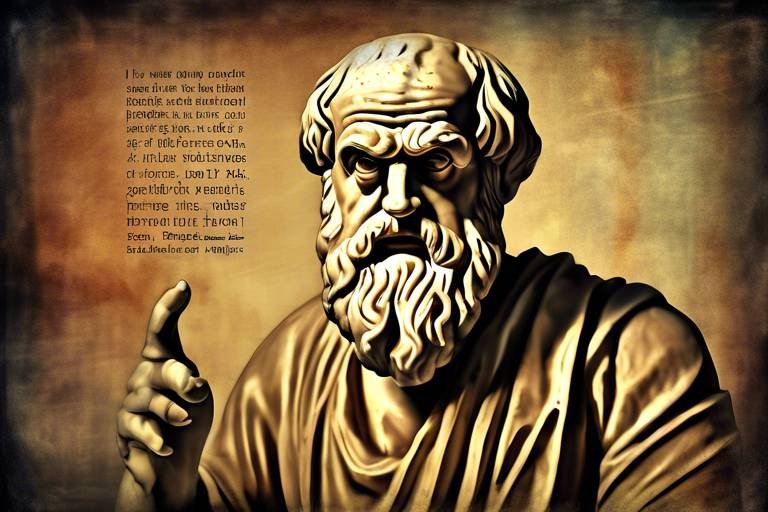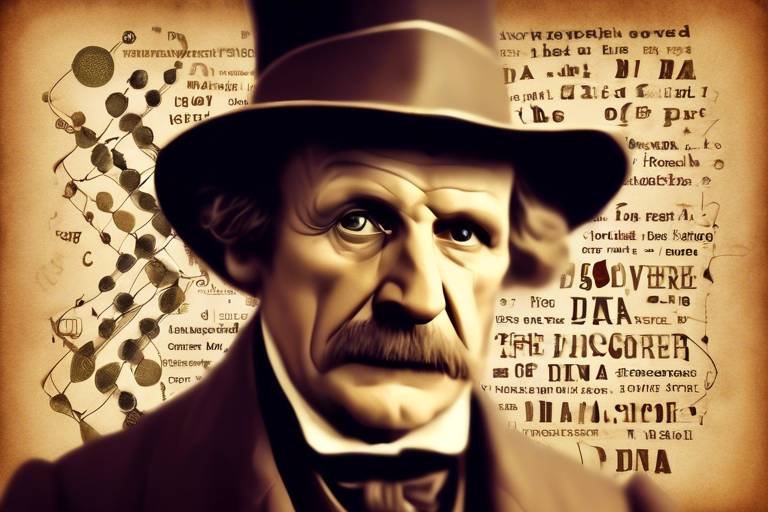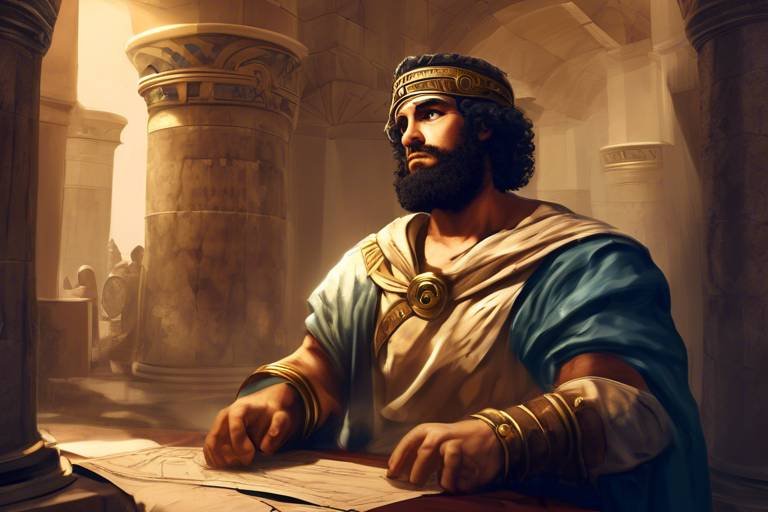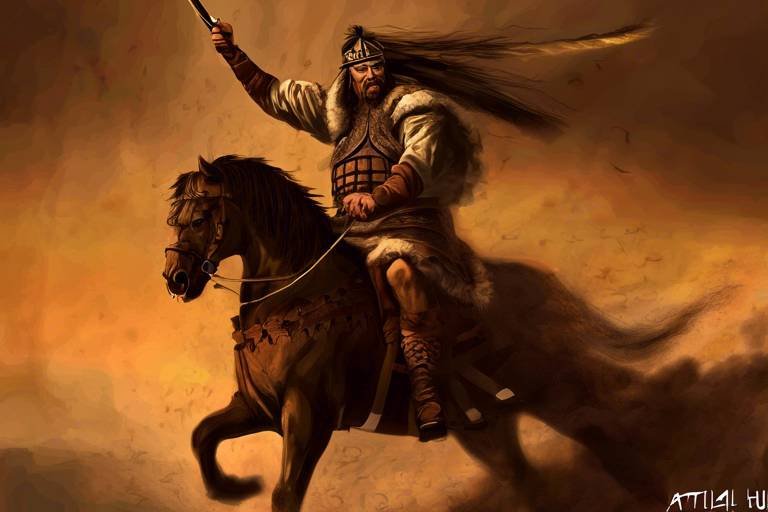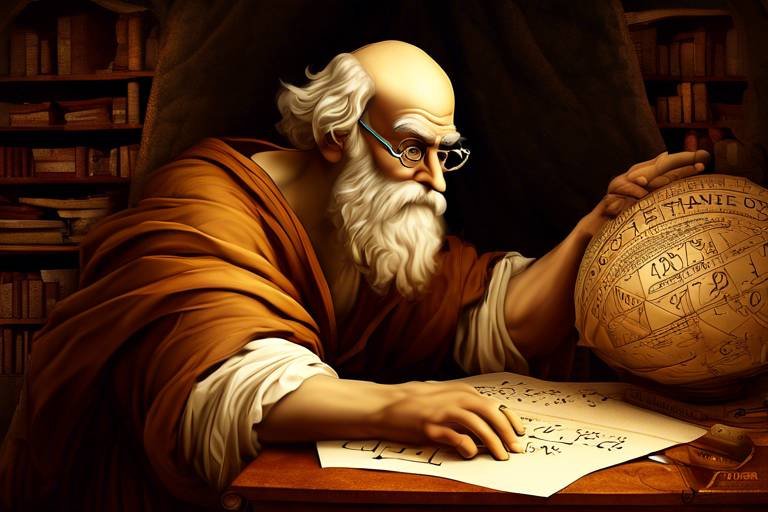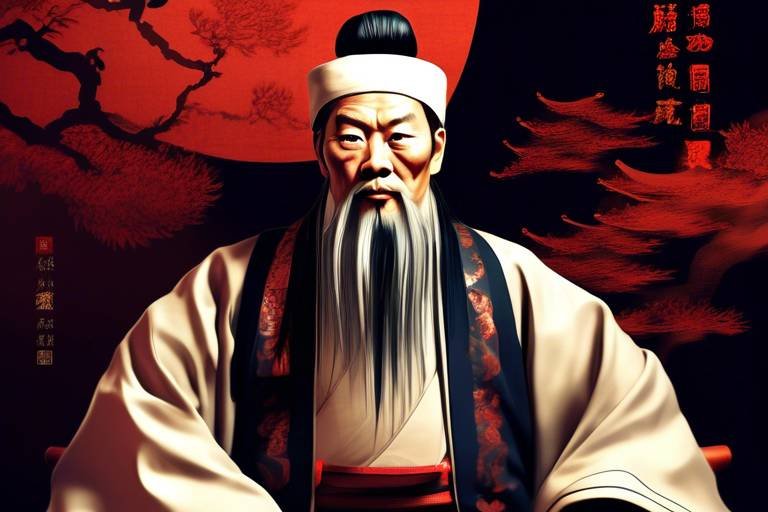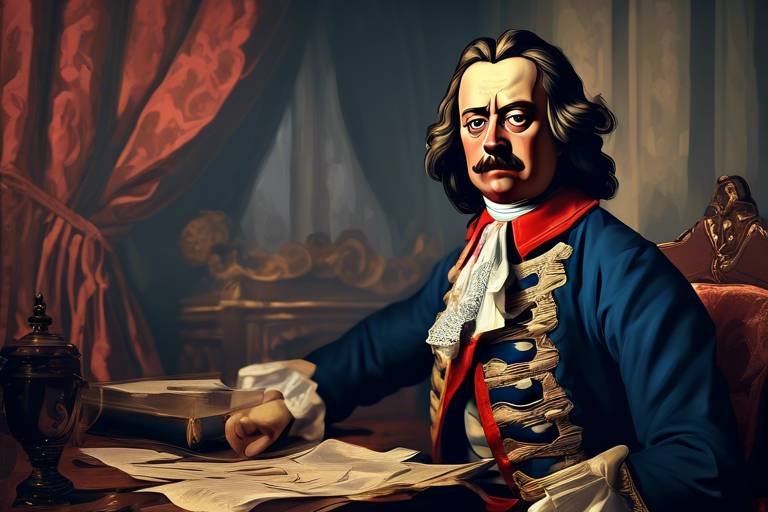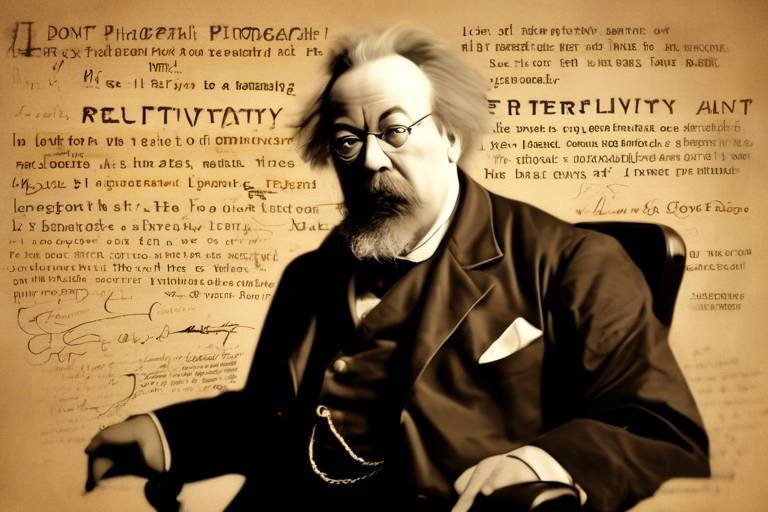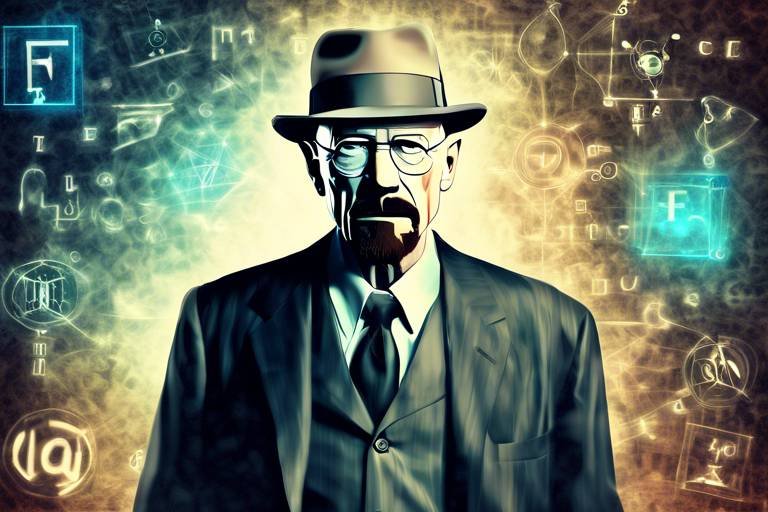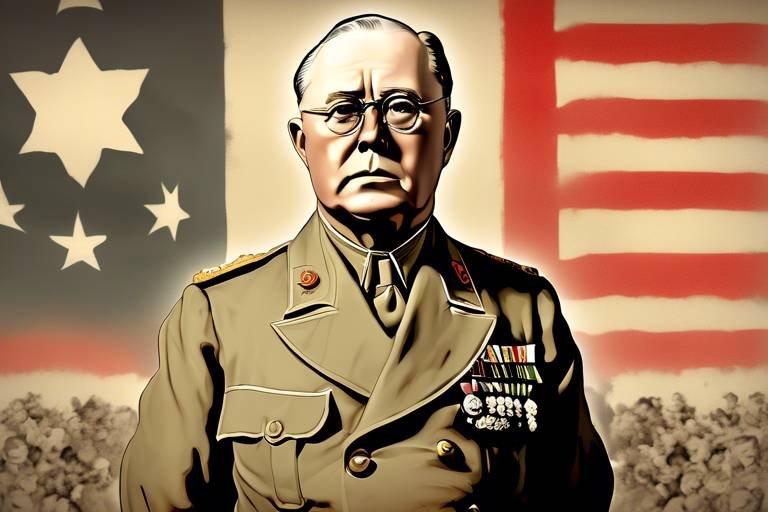Hannibal Barca: The Strategist Who Challenged Rome
Hannibal Barca, a name that resonates through the annals of history as a strategic genius who dared to challenge the might of Rome. His story is one of audacity, innovation, and relentless pursuit of victory on the battlefield. Born into a prominent Carthaginian family, Hannibal's early life was steeped in the art of war and leadership. From a young age, he displayed a keen intellect and a natural talent for military strategy, setting the stage for his future as one of the greatest military minds of antiquity.
The stage was set for one of the most epic conflicts in ancient history - the Second Punic War. Carthage, a formidable naval power, clashed with the expanding Roman Republic in a struggle for dominance over the Mediterranean. It was in this crucible of war that Hannibal would emerge as a formidable adversary, leading his troops with unparalleled skill and audacity against the legions of Rome.
One of the most daring feats in military history was Hannibal's legendary crossing of the Alps. With an army comprising infantry, cavalry, and even war elephants, he navigated treacherous mountain terrain to surprise the Roman forces on their own soil. This audacious maneuver not only showcased Hannibal's boldness but also his strategic acumen in outmaneuvering a superior enemy.
The Battle of Cannae stands as a testament to Hannibal's tactical brilliance. In a masterful display of double envelopment, he encircled and decimated a much larger Roman army, achieving a resounding victory that sent shockwaves through the ancient world. Hannibal's innovative tactics, including the use of psychological warfare and unconventional strategies, set him apart as a military innovator ahead of his time.
Despite his string of victories, Hannibal's eventual downfall and exile marked the end of an era. Political intrigues and shifting alliances led to his departure from the Carthaginian political scene, ending a chapter in military history that had captivated the world for years. Yet, his legacy endured, influencing generations of military leaders and strategists who studied his tactics and strategies for centuries to come.
In historiography and popular culture, Hannibal Barca's story has been immortalized in countless accounts, artworks, and literary works. His image as a daring strategist who challenged the might of Rome has captured the imagination of people worldwide, cementing his status as a legendary figure whose legacy continues to inspire awe and admiration.
As we delve into the life and campaigns of Hannibal Barca, we uncover not just a military commander, but a visionary strategist whose legacy transcends time. His daring exploits and innovative tactics have left an indelible mark on the history of warfare, shaping the way we understand strategy and leadership on the battlefield. Join us on a journey through the life of Hannibal Barca, the strategist who dared to challenge Rome and etched his name in the annals of military history.
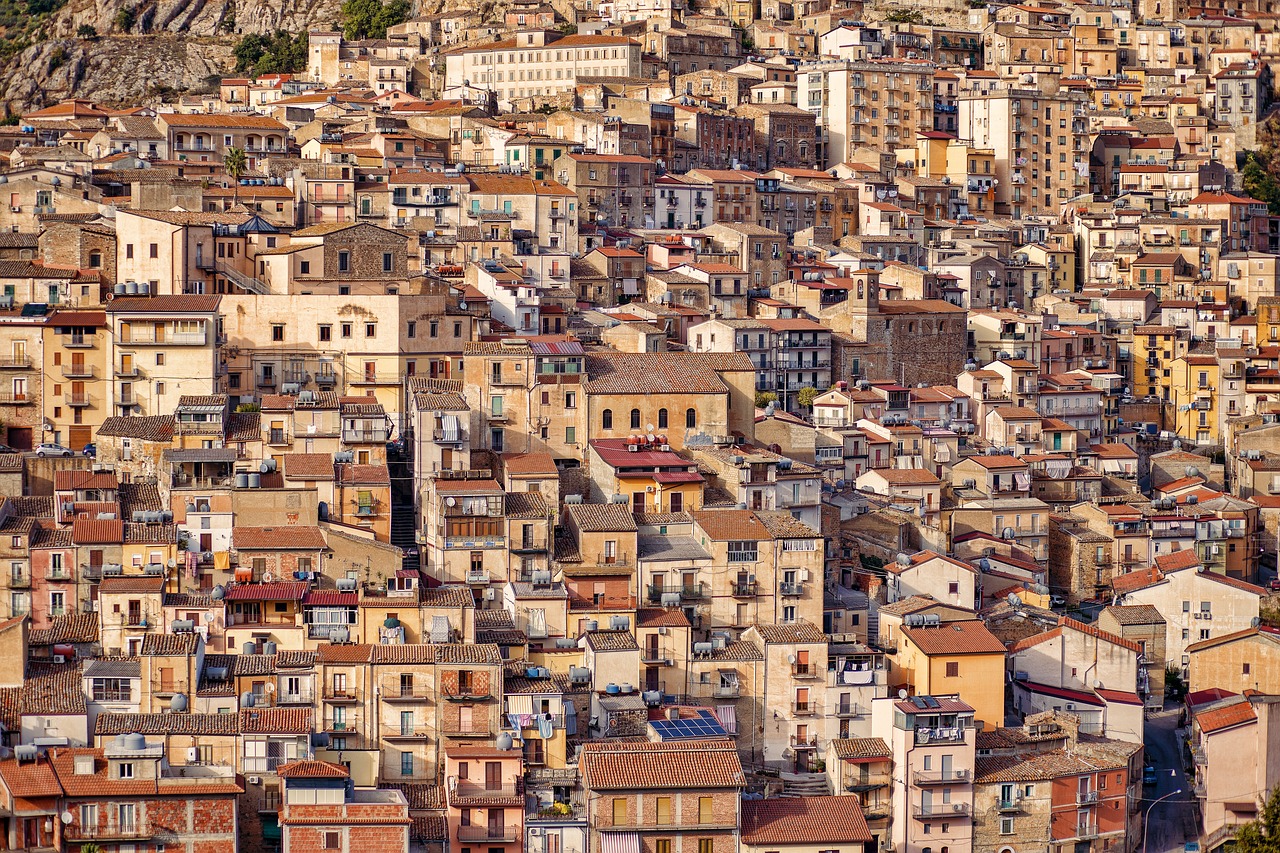
Early Life and Background
Exploring the life and military campaigns of Hannibal Barca, a Carthaginian general renowned for his strategic brilliance and daring tactics in challenging the might of Rome during the Second Punic War.
Delving into Hannibal Barca's upbringing, family background, and early influences that shaped his character and military acumen from a young age.
Hannibal Barca was born in 247 BC into a prominent Carthaginian military family. His father, Hamilcar Barca, was a renowned general who instilled in Hannibal a deep passion for warfare and a fierce determination to avenge Carthage's defeat in the First Punic War. Growing up amidst the tumultuous political landscape of Carthage, Hannibal was exposed to the intricacies of military strategy and leadership from an early age, setting the stage for his future exploits on the battlefield.
As a young man, Hannibal accompanied his father on military campaigns in Spain, where he honed his skills in combat and gained valuable experience in commanding troops. It was during this time that Hannibal's strategic genius began to emerge, as he displayed a natural aptitude for devising unconventional tactics and outmaneuvering his adversaries.
Despite facing adversity and political intrigue within Carthage, Hannibal remained steadfast in his commitment to upholding his family's legacy and defending his homeland against the ever-looming threat of Roman expansionism. His formative years were marked by a relentless pursuit of military excellence and a deep-seated desire to challenge the supremacy of Rome on the battlefield.
Through a combination of rigorous training, unwavering determination, and a keen intellect, Hannibal Barca emerged as a formidable military leader whose early life experiences laid the foundation for his legendary feats in the years to come.
1. What were Hannibal Barca's most famous military victories?
2. How did Hannibal's crossing of the Alps impact the Second Punic War?
3. What tactics did Hannibal employ in his battles against Rome?
4. What led to Hannibal's eventual downfall and exile?
5. How has Hannibal Barca been portrayed in popular culture?
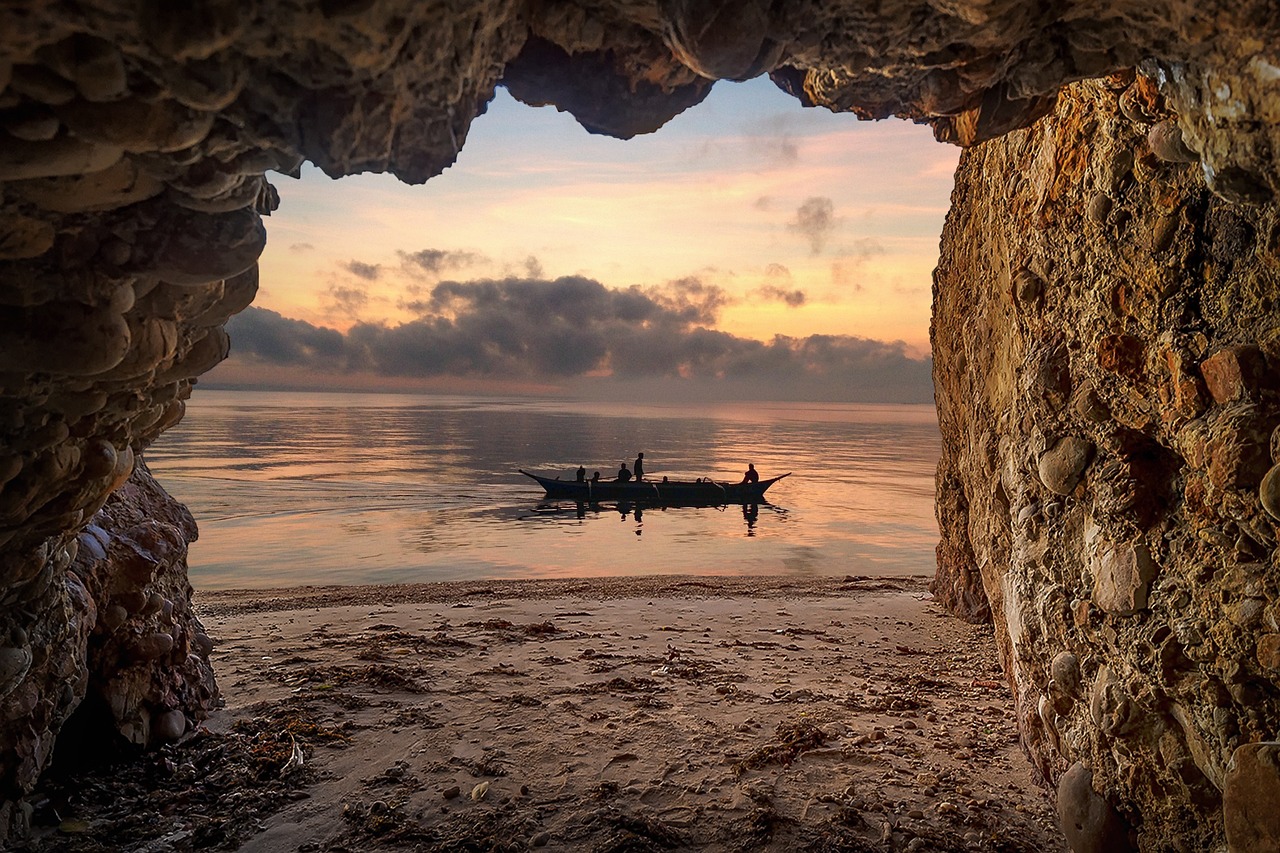
Carthage vs. Rome: The Second Punic War
The Second Punic War stands as one of the most significant conflicts in ancient history, pitting the powerful empires of Carthage and Rome against each other in a struggle for dominance. The roots of this epic confrontation can be traced back to the aftermath of the First Punic War, where Carthage ceded territories to Rome and faced heavy reparations. Tensions simmered as both powers vied for control over strategic territories in the Mediterranean.
As hostilities escalated, Hannibal Barca emerged as the daring Carthaginian general who would become the bane of Rome's existence. The catalyst for the Second Punic War came in the form of Hannibal's audacious move to attack the Roman-allied city of Saguntum, defying a treaty that Rome saw as a casus belli. This brazen act set the stage for a protracted conflict that would test the military prowess of both civilizations.
With the declaration of war, Hannibal embarked on his legendary campaign to challenge Rome on its own turf. The Carthaginian general's masterstroke came in the form of his bold decision to march his army – including war elephants – across the treacherous Alps, catching the Romans off guard and showcasing his audacity and strategic vision. This daring maneuver not only surprised Rome but also demonstrated Hannibal's willingness to take risks and think outside the conventional military playbook.
Throughout the course of the war, Hannibal engaged the Roman legions in a series of fierce battles that would go down in history as some of the bloodiest and most strategically significant clashes of antiquity. The Battle of Cannae, in particular, stands out as a testament to Hannibal's tactical genius, as he orchestrated a devastating encirclement of the Roman forces, inflicting a crushing defeat that reverberated throughout the ancient world.
Despite his remarkable victories and strategic brilliance, Hannibal's campaign ultimately faltered due to a lack of sufficient reinforcements and resources from Carthage. The prolonged nature of the conflict took its toll on both sides, leading to a war of attrition that would ultimately see Rome emerge victorious, solidifying its dominance in the Mediterranean and marking the beginning of the end for Carthage as a major power.
The Second Punic War, with its dramatic twists and turns, not only shaped the course of ancient history but also left a lasting impact on military strategy and tactics for generations to come. The legacy of Hannibal Barca and his daring challenge to the might of Rome continues to captivate historians and military enthusiasts alike, underscoring the enduring significance of this epic clash of civilizations.

The Crossing of the Alps
Hannibal Barca's daring and audacious military campaign during the Second Punic War reached a legendary status with his monumental feat of crossing the Alps. This strategic maneuver, shrouded in mystery and awe, remains a pivotal moment in ancient military history. Imagine the sheer spectacle of an army, including war elephants, navigating treacherous mountain terrain, battling harsh weather conditions, and overcoming unforeseen obstacles. It was a journey fraught with danger and uncertainty, yet Hannibal's unwavering determination and tactical prowess propelled his forces towards the heart of Roman territory.

Battles and Victories
When it comes to , Hannibal Barca's military prowess truly shines through the annals of history. His strategic genius and innovative tactics led to several remarkable victories against the formidable Roman legions, solidifying his reputation as one of the greatest military minds of all time.
One of Hannibal's most famous battles was the Battle of Cannae, a masterful display of military strategy that showcased his ability to outmaneuver and outwit his opponents. In this battle, Hannibal employed a tactic known as the double envelopment, encircling and trapping the larger Roman army in a deadly pincer movement. The result was a devastating defeat for Rome, with Hannibal emerging victorious in a battle that would go down in history as a testament to his tactical brilliance.
Another significant victory for Hannibal was the Battle of Lake Trasimene, where he ambushed and decimated a Roman army led by Consul Gaius Flaminius. By utilizing the element of surprise and leveraging the natural terrain to his advantage, Hannibal achieved a resounding victory that further solidified his reputation as a military genius.
Throughout his campaigns in Italy, Hannibal demonstrated a keen understanding of psychological warfare, often employing tactics to demoralize and intimidate his enemies. By instilling fear and uncertainty in the hearts of the Roman soldiers, Hannibal was able to exploit their weaknesses and secure decisive victories on the battlefield.
It is through these battles and triumphs that Hannibal Barca's legacy as a military strategist continues to endure, inspiring future generations of leaders and tacticians to study his tactics and learn from his remarkable achievements on the battlefield.

Legacy and Historical Impact
Exploring the life and military campaigns of Hannibal Barca, a Carthaginian general renowned for his strategic brilliance and daring tactics in challenging the might of Rome during the Second Punic War.
As we delve into the legacy of Hannibal Barca, we uncover a profound impact that resonates through the annals of military history. Hannibal's audacious strategies and tactical innovations have left an indelible mark on warfare, influencing generations of military leaders and strategists.
One of Hannibal's greatest legacies lies in his revolutionary military tactics. His use of double envelopment, a strategy where the enemy is surrounded from both sides, and his mastery of psychological warfare tactics set new standards in military strategy. These innovative approaches reshaped the art of war and continue to be studied and admired by military scholars worldwide.
Despite his eventual downfall and exile from Carthage, Hannibal's strategic brilliance endures as a testament to the power of bold and unconventional thinking in the face of formidable adversaries. His story serves as a timeless reminder of the enduring influence of a single individual on the course of history.
- Was Hannibal Barca successful in his military campaigns against Rome?
- How did Hannibal's tactics influence future military leaders?
- What led to Hannibal Barca's eventual downfall and exile?
Hannibal achieved significant victories against the Roman legions, most notably at the Battle of Cannae. His innovative tactics and strategic acumen posed a formidable challenge to Rome's military might.
Hannibal's tactics, such as double envelopment and psychological warfare, served as a blueprint for future military strategists. His unconventional approaches to warfare continue to inspire and shape military tactics to this day.
Despite his military successes, Hannibal faced internal political strife in Carthage and was eventually forced into exile. The circumstances surrounding his departure from the political and military scene remain a subject of historical debate.
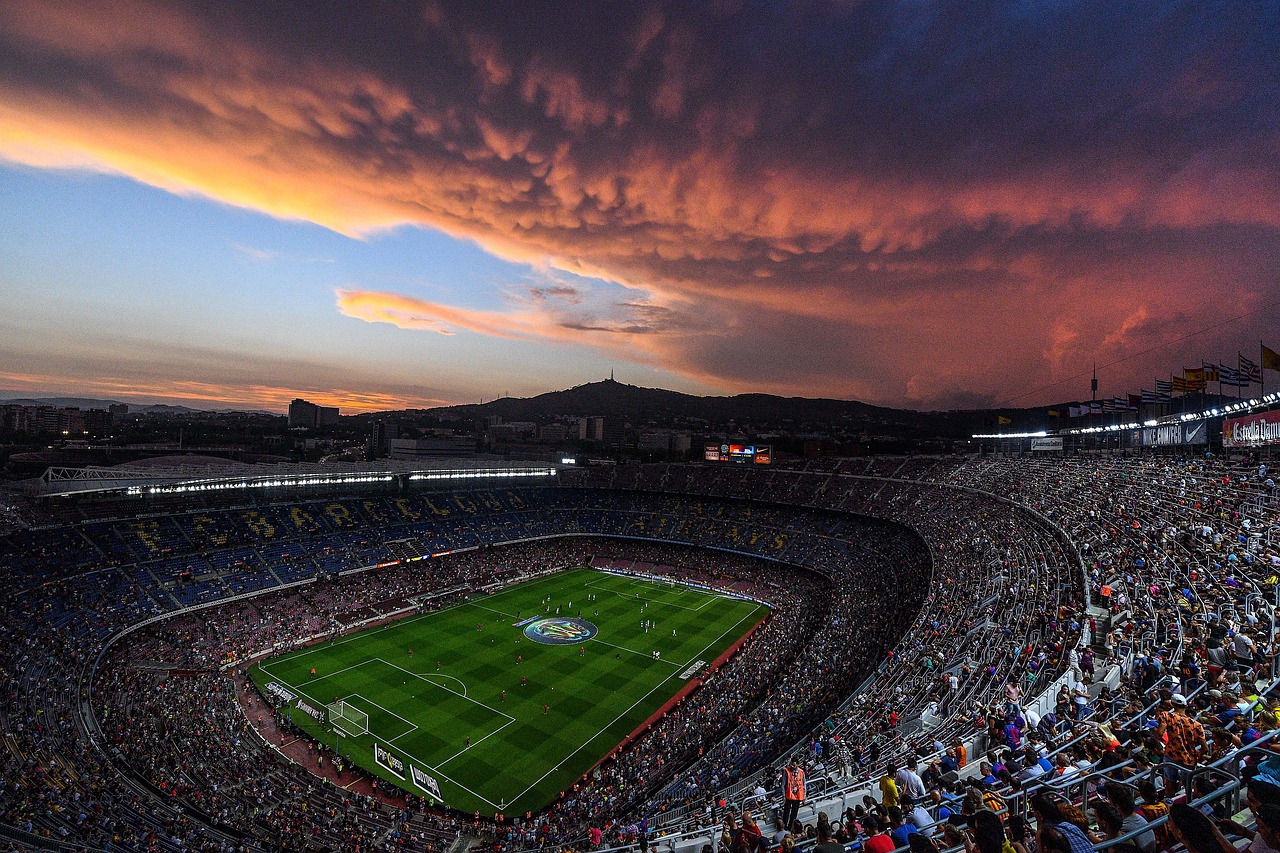
Strategic Brilliance and Tactics
Hannibal Barca's strategic brilliance and innovative tactics set him apart as one of the greatest military minds in history. His ability to think outside the box and adapt to challenging situations made him a formidable opponent on the battlefield. One of Hannibal's most famous tactics was the use of double envelopment, where he would encircle and trap his enemies from both sides, creating chaos and confusion among their ranks.
In addition to his tactical maneuvers, Hannibal was a master of psychological warfare. He understood the importance of morale and used various strategies to demoralize his enemies and boost the confidence of his own troops. By employing surprise attacks, ambushes, and unconventional tactics, Hannibal kept his adversaries on edge and constantly guessing his next move.
Moreover, Hannibal's ability to adapt to different terrains and weather conditions showcased his strategic flexibility. Whether facing the rugged terrain of the Alps or the open plains of Italy, Hannibal always found a way to leverage the environment to his advantage. His innovative use of war elephants in battle also demonstrated his creativity and willingness to explore new tactics.
Overall, Hannibal Barca's strategic brilliance and tactical ingenuity continue to inspire military leaders and scholars to this day. His legacy serves as a testament to the power of innovation and adaptability in the face of adversity, reminding us that true greatness lies in the ability to think beyond conventional wisdom and embrace the element of surprise in warfare.
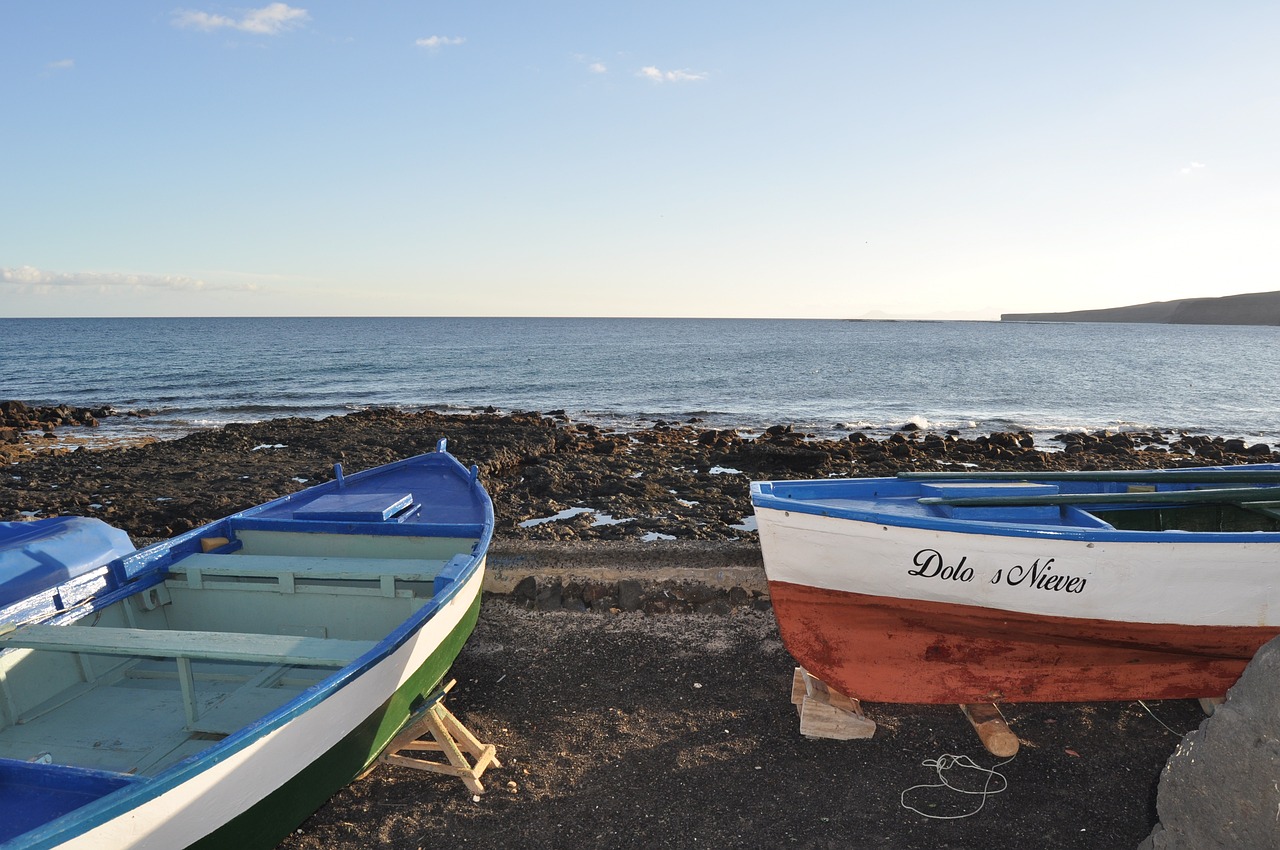
Downfall and Exile
After years of relentless warfare against the Roman Republic, Hannibal Barca faced a series of setbacks that would ultimately lead to his downfall and exile from Carthage. Despite his strategic brilliance and tactical ingenuity, Hannibal found himself increasingly isolated politically and militarily within Carthage.
One of the key turning points in Hannibal's career was the Battle of Zama in 202 BC, where he suffered a decisive defeat at the hands of the Roman general Scipio Africanus. This defeat marked the end of Carthage's resistance against Rome and signaled the beginning of Hannibal's decline.
Following the defeat at Zama, Hannibal faced growing opposition from political rivals in Carthage who viewed him as a threat to their power. Fearing for his safety and realizing that his influence was waning, Hannibal chose to go into voluntary exile to avoid capture or assassination.
Despite his exile, Hannibal's reputation as a military genius endured, with many admirers and supporters scattered across the Mediterranean world. He sought refuge in various kingdoms, including the Seleucid Empire, where he continued to offer his strategic counsel and expertise.
However, the shadow of Rome loomed large over Hannibal, and his enemies within Carthage remained vigilant. In 183 BC, under pressure from Rome, Hannibal was handed over to the Romans by the king of Bithynia, effectively ending his life as a free man and sealing his fate.
Thus, the once formidable general who had challenged the might of Rome with audacity and skill found himself a pawn in the political machinations of the ancient world, ultimately meeting a fate far removed from his days of glory on the battlefield.
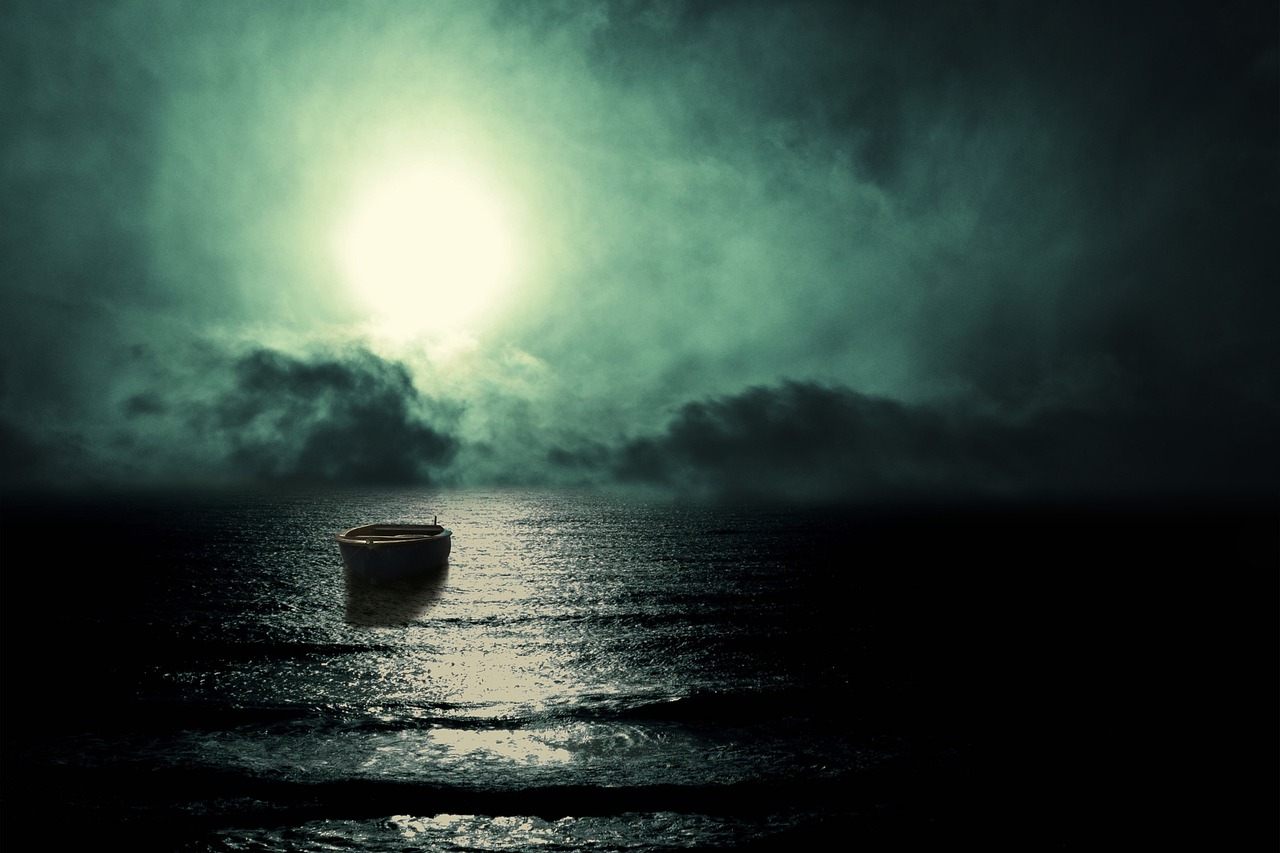
Historiography and Popular Culture
The legacy of Hannibal Barca has transcended the boundaries of history, seeping into popular culture and shaping the way we perceive ancient military figures. From ancient accounts by Livy and Polybius to modern adaptations in literature and film, Hannibal's story continues to captivate audiences worldwide.
Historically, Hannibal's military prowess and strategic genius have been a subject of fascination for scholars and historians alike. His daring tactics and innovative strategies in the face of Roman might have earned him a place among the greatest military minds in history. Artists and writers have immortalized his exploits through paintings, sculptures, and epic poems, further solidifying his status as a legendary figure.
In literature, Hannibal's character has been depicted in various forms, from heroic to tragic, reflecting the complexities of his persona. Novels and plays have explored his victories and defeats, delving into the psychological aspects of warfare and leadership. His enigmatic personality and unwavering determination have inspired countless works of fiction and non-fiction, shedding light on the man behind the legend.
Moreover, Hannibal's influence extends beyond the realm of literature, permeating popular culture in unexpected ways. References to his battles and strategies can be found in video games, television series, and even marketing campaigns, showcasing the enduring appeal of his story. Whether portrayed as a cunning strategist or a tragic hero, Hannibal continues to inspire and intrigue audiences across different mediums.
Overall, the historiography of Hannibal Barca serves as a testament to his enduring legacy and the impact he has had on military history and popular culture. As his story continues to be retold and reimagined, Hannibal remains a symbol of resilience, innovation, and strategic brilliance, leaving an indelible mark on the collective imagination of generations past and present.
Frequently Asked Questions
- Who was Hannibal Barca?
Hannibal Barca was a Carthaginian general known for his strategic brilliance and daring tactics during the Second Punic War against Rome. He is considered one of the greatest military leaders in history.
- What were Hannibal's notable achievements?
Hannibal's notable achievements include his audacious crossing of the Alps with war elephants, his tactical victories against the Roman legions, particularly the Battle of Cannae, and his enduring influence on military strategy.
- How did Hannibal revolutionize the art of war?
Hannibal revolutionized the art of war through innovative tactics like double envelopment and psychological warfare. His strategies continue to be studied by military scholars and have influenced military leaders for centuries.
- What led to Hannibal's downfall and exile?
Hannibal's downfall was influenced by a combination of factors, including internal political conflicts in Carthage, the rise of Roman counter-strategies, and his eventual exile from his homeland, leading to his departure from the military scene.
- How has Hannibal Barca been portrayed in popular culture?
Hannibal Barca's story has been portrayed in various historical accounts, literature, art, and popular culture, solidifying his status as a legendary figure. His legacy continues to captivate audiences and inspire creative interpretations of his life and achievements.


